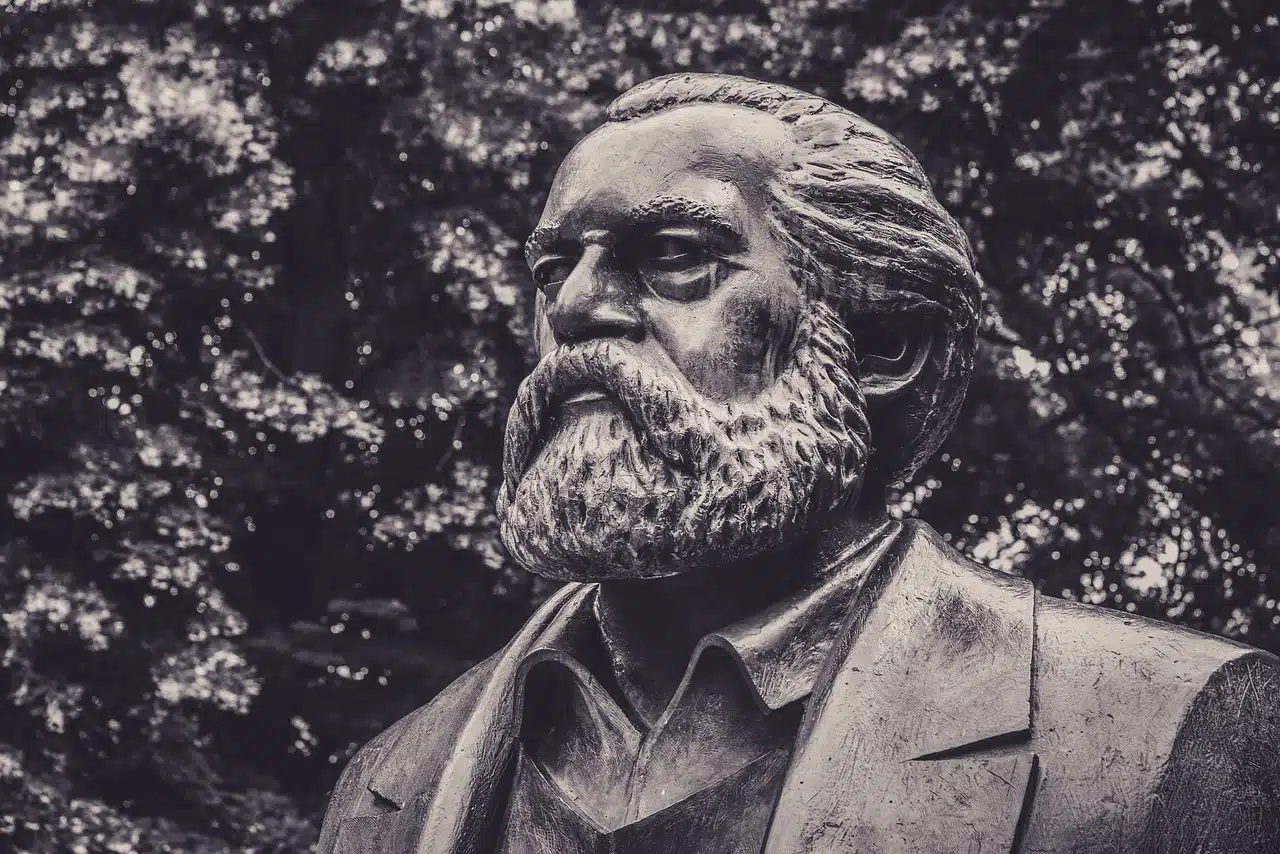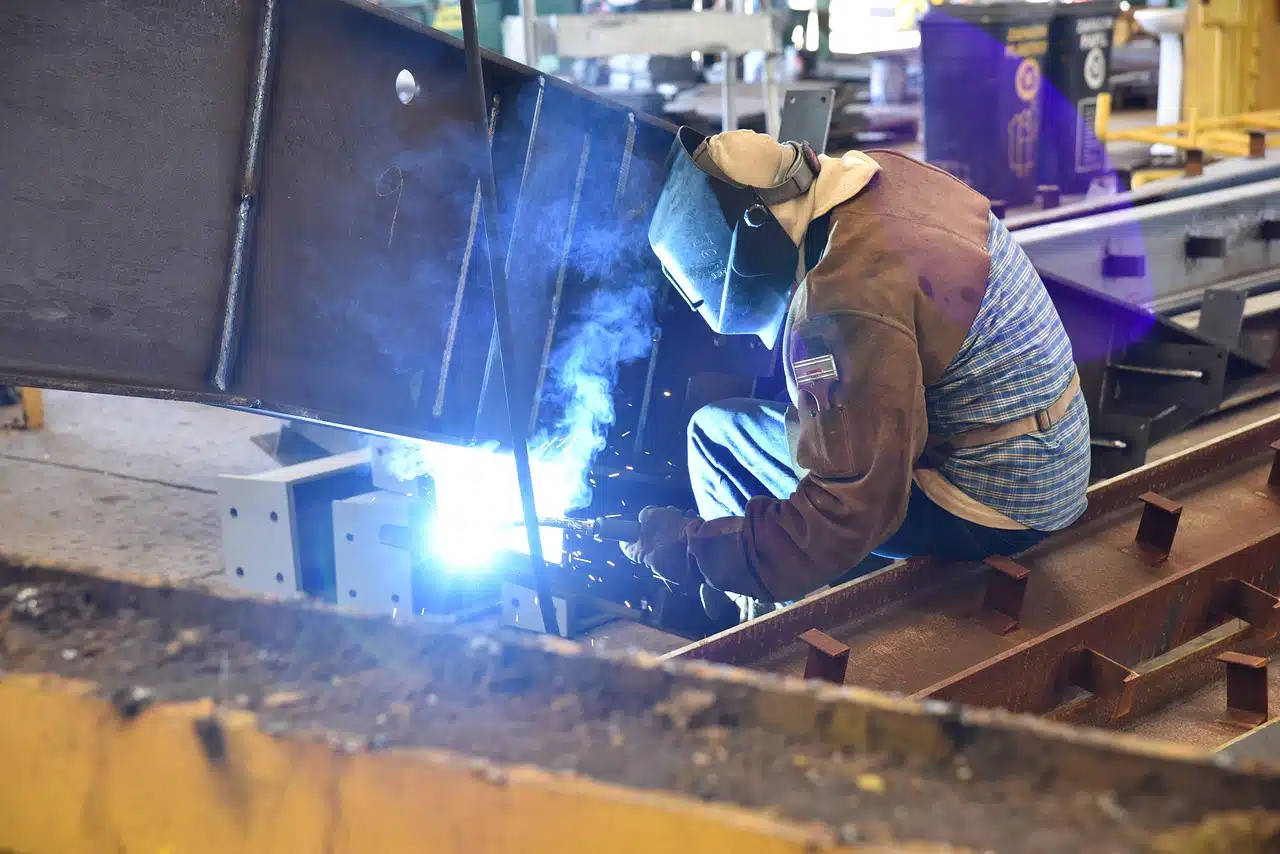
The class struggle arises due to the existence of antagonistic interests in different sectors of society.
Class struggle is a very present notion in Marxism . It focuses on how a population, segmented into sectors or classes that have different positions, is confronted or separated by interests, needs and pretensions that clash with each other.
Both the Marxist interpretation of this concept and the vision in this regard cultivated by anarchism are intertwined with the philosophical proposals of Georg Wilhelm Friedrich Hegel linked to dialectics as a way to understand social organization. In this context, the idea becomes relevant that classes with conflicting purposes are found in any society that is organized and, as a result of the contradictions evident within the same community, disputes arise. Thus, then, there is the coexistence and confrontation of exploited social classes and exploiting classes, of dominant sectors and dominated groups.
By delving into this expression and investigating the scope that, for some and others, the class struggle has, the connection with the spirit of historical materialism , a current or doctrine also defined as a materialist conception of history, is inevitable. In the opinion of Karl Marx , class struggle is not limited to social and political disputes but also encompasses the intention of promoting new styles of relating and organizing in society that give rise, for example, to a certain model of productive development.
To put an end to oppression , those who embrace a leftist ideology believe, it is essential to leave capitalism in the past and establish a system based on socialism or communism .
Different views on the class struggle
Before Marxism, the idea of class struggle was already present in texts and theories of various thinkers. Niccolò Machiavelli , for example, indicated that the different ways of life of the rulers of a State and the people led to conflict.
By placing this confrontation within the framework of property ties, the notion of social class and, by extension, the struggle between them emerged. Jean-Jacques Rousseau associated the birth of civil society with the establishment of private property , which in turn inevitably generates social inequalities.
In any case, there are intellectuals who maintain that classes determined by economic issues do not exist, but rather that divisions have more to do with ideology . Continuing with that line, there could not be a class struggle in the Marxist sense. There are also theorists who consider that, although there is a class struggle, this dispute is not the engine that mobilizes historical development as Marxism believes.

Class struggle is a central element in Marxism.
Social stratification
For Marxism, the social strata that have conflicting interests and clash for this reason are divided, broadly speaking, into two groups that clearly demonstrate the prevailing inequalities: on the one hand, the oppressed and dominated classes appear; on the other, the dominant and powerful class .
The bourgeoisie , a sector with resources to promote industrial activity by having the means of production, is on one side, while opposite appears the proletariat , the workers who carry out productive tasks for a social class higher than theirs. The same reality that marks a strong separation between slaves and masters, feudal lords and servitude... In short, between the rich and limited people, conditioned and struck by poverty .
From the Marxist perspective, the masses and subjects are capable of understanding what social class they fall into based on their economy and way of life, thus acting in accordance with their social level without falling into the game of the higher sectors. . This is commonly called having class consciousness . When the labor exploitation prevailing in the capitalist world is not perceived or recognized, meanwhile, we speak of alienation .
According to the criteria of Leninism , the class consciousness of the working sector must be forged through the dictatorship of the proletariat . This concept, typical of the political sphere, identifies a State in which the government remains in the hands of industrial workers and not in the power of the bourgeoisie.

The class struggle is linked to the exploitation suffered by the proletariat at the hands of those who hold the means of production.
Surplus value and class struggle
According to the labor-value theory , the value of a service or product is defined by the amount of labor needed to generate it. In other words, the value of the good is associated with the human effort it contains.
Marx , in this framework, stated that the value of commodities depends on the work socially necessary for their production. In a capitalist society, the worker is forced to sell his labor power in exchange for a salary because he does not have the means of production: with his work, he creates a value in excess of what he receives, called surplus value , which is appropriated by the capitalist and It is the source of your wealth.
Capitalism needs that class division, where workers do not have the means of production and must sell their labor power and the bourgeoisie has the means of production and appropriates the surplus value of the workers.
In "Capital" , Marx alludes to the desire to build a society without class distinctions to end exploitation . The path to this new society requires a revolution to achieve the expropriation of the means of production, thus ending the class division.
Marxist theory points out that class struggle is the confrontation between those who have the means of production and appropriate the surplus value and those who must sell their labor power to survive, being exploited. With the success of the revolution, the class struggle would come to an end since there would be no distinctions thanks to the socialization of the means of production .
